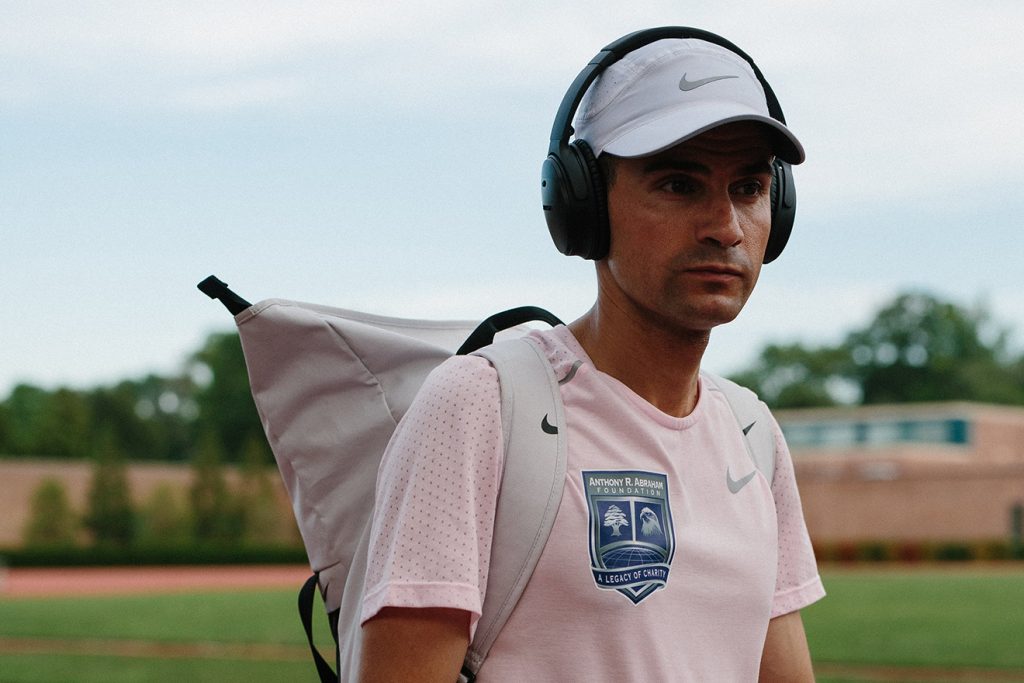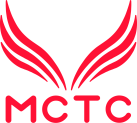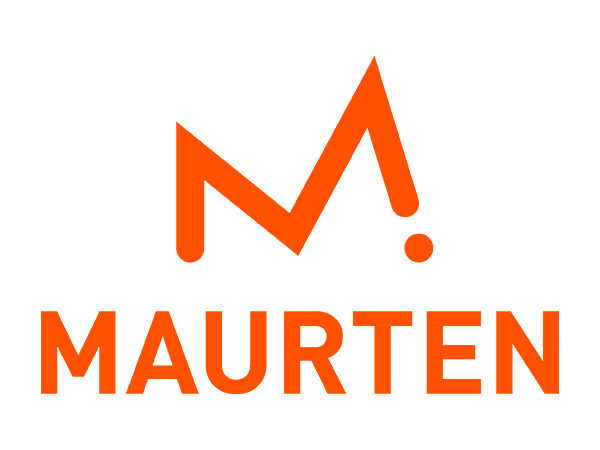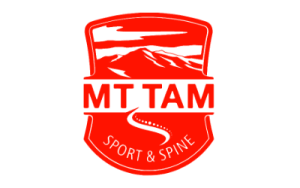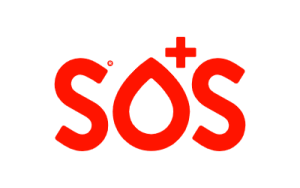Last week we spent some time with MCTC Elite athlete, Mo’ath Alkhawaldeh. Mo gives his thoughts
on the how the pandemic has affected his training and dreams of Olympic selection for Team Jordan.
Antony. What was your last 5 months training through Covid-19, and some of the main challenges
you’ve faced?
Mo’ath. I’ve just basically tried to see what my priority is. I’m used to having a cycle for training.
Essentially, I target a marathon and start training for it. I have 5 weeks of 5k training, 5 weeks of 10k
to half marathon training, then I jump up to marathon training for about 6 to 7 weeks of long runs
and tempos. When training for a marathon, you have to have a goal marathon to train for. You
can’t just say “I’m training for a marathon”, and not know which marathon it is that you are training
for and you can’t just do ‘long runs’. You also have to taper, so when you prepare for a marathon
you need to plan properly for it. But, since he pandemic, the training cycle has become very
different. With my current marathon training cycle, where I would usually do 5 weeks of 5k training,
I am now doing 8 weeks of 5k training.
Antony. That’ interesting. So, you’ve gone from 5 weeks to 8 weeks of 5k training?
Mo’ath. Yes.
Antony. Is that normal?
Mo’ath. It’s just because of the pandemic, which has given us more time to keep working on each micro
cycle.
Antony. I see. So, were you training for a marathon this past spring?
Mo’ath. I was scheduled to race Boston, but [due to the pandemic] I couldn’t do it. I had trained for
Boston for 4 months, had done all the hard work and high mileage so I decided to cash out on the
training by running my own time trial. Also, the coaches and mentors that have invested so much time
in me and family who have sacrificed not seeing me on weekends… I want to do it for them as well as
myself.
Antony. So, you were ready to race Boston, you’d done the training and put in all the hard work, but
then the pandemic came. How were you feeling when BAA announced that they were postponing the
marathon?
Mo’ath. Well, before Boston, the Tokyo marathon was on the table but then we couldn’t go because
Covid-19 had just started. Then we said hopefully Boston will have an elite-only race, but then it didn’t
happen at all. I mean, it was shocking. For me, I knew the Olympics were cancelled so in a way, I was ok
with [Boston being cancelled] since the Olympics were cancelled. I didn’t have to prove anything
because I had to run Boston and run at least a national record (for Jordan) to be selected as the best
athlete (for Jordan) to go to the Olympics. So that was my main goal of the marathon.
Antony. So, you would have had to run a Jordanian national record in Boston?
Mo’ath. Yes, that is what we were planning.
Antony. What is the national record for Jordan and when was that set?
Mo’ath. It’s 2:17:24 and was set by Methkal Abu Drais in 2015.
Antony. Ok, so with Boston cancelled you ran a time trial. How did you do?
Mo’ath. I ran 2:18:26 and the course wasn’t flat. I had about 700 elevation gain. That’s the only course
suitable to run the marathon distance in Princeton where it is safe for people to bike alongside and hand
me my water bottles.
Antony. So, with Boston going virtual now will you still be participating?
Mo’ath. No, I’m not. I’m actually going to help out with a fund raiser [running event] for the St. Jude
hospital on the 14th [of September]. I’ll be part of the team crew for someone that will be coming in
from Florida to race it.
Antony. So, during regular training blocks and cycles, do you usually train in a group?
Mo’ath. No, I train solo. I work full time and due to the nature of my work, it is very hard to sync up
with athletes to train together. The training program for the track guys at Princeton University has them
train at different times and their program is different to mine. For example, their longest tempo is 5 or
6 miles.
Antony. Ah, yes.
Mo’ath. I would love to work with them but unfortunately, I have to be at the office by 8:30am.
Antony. It sounds like even before Covid-19 there were challenges there for you. You were running
solo, it’s not easy doing those long runs or long tempos on your own.
Mo’ath. Yes.
